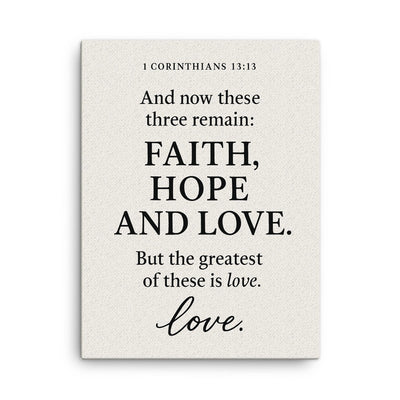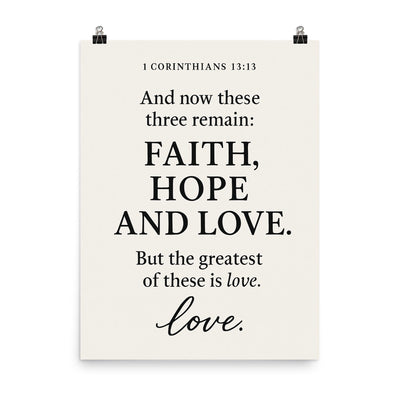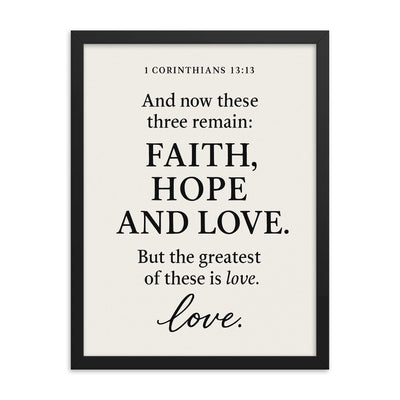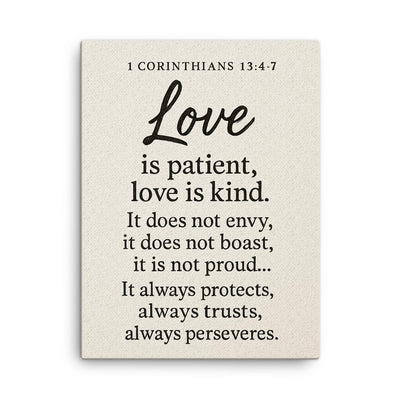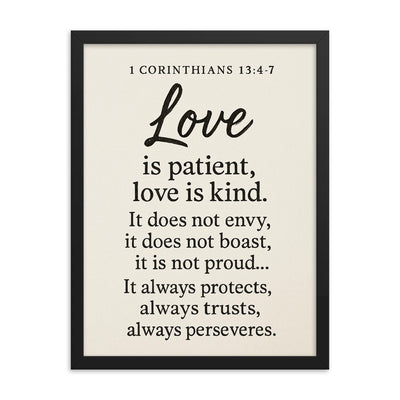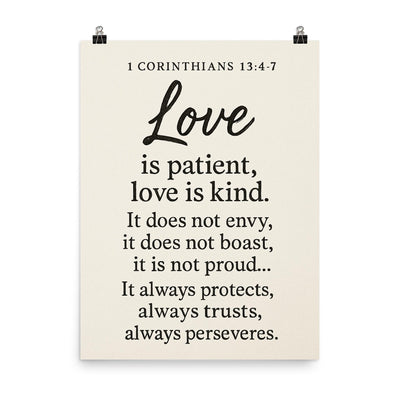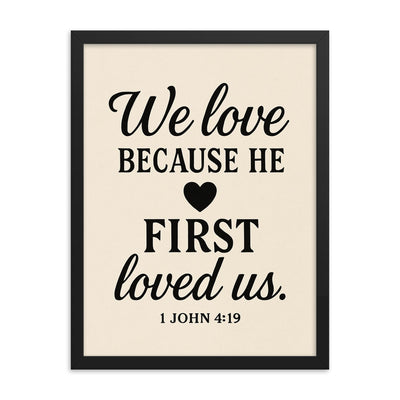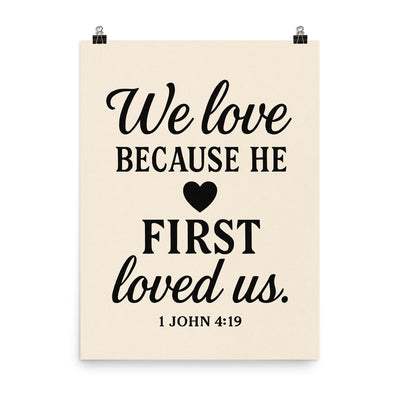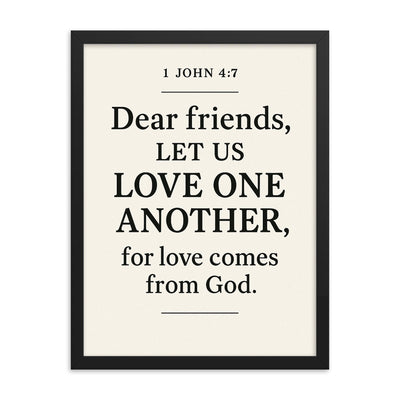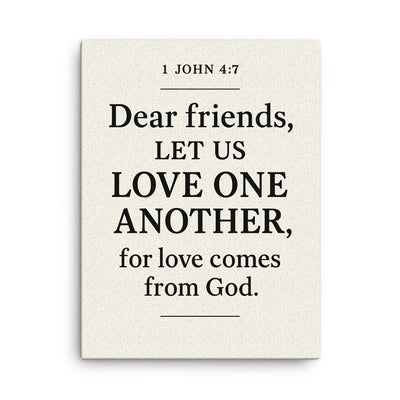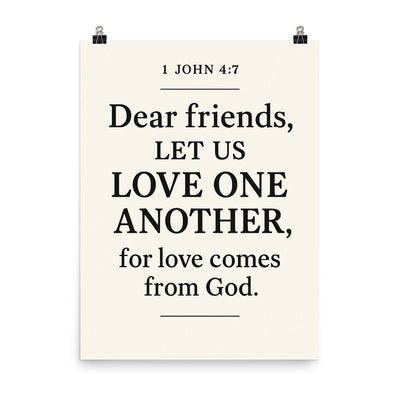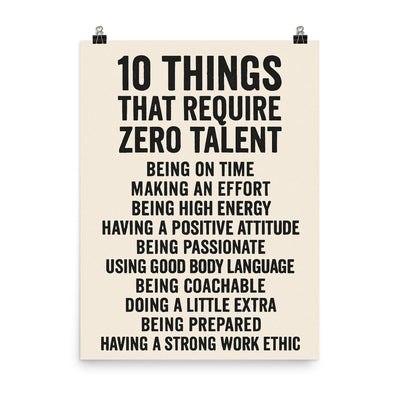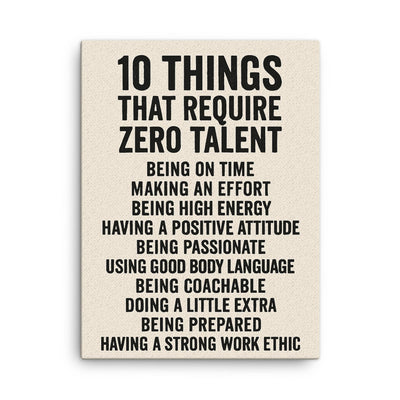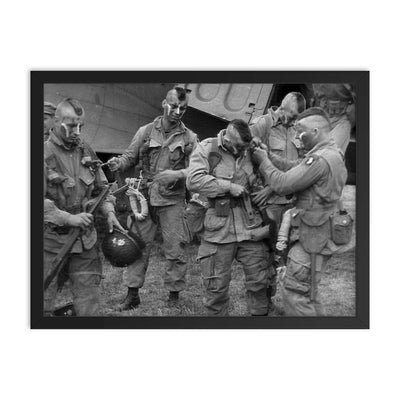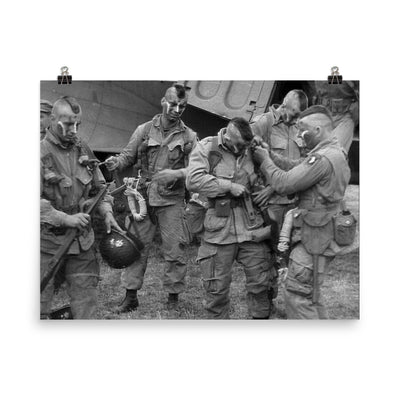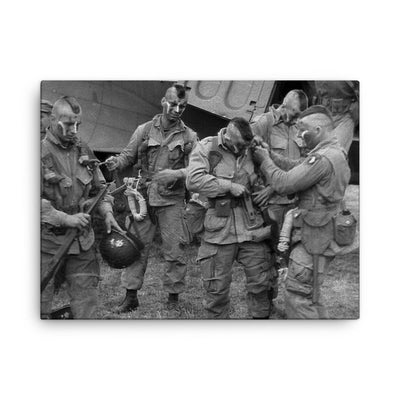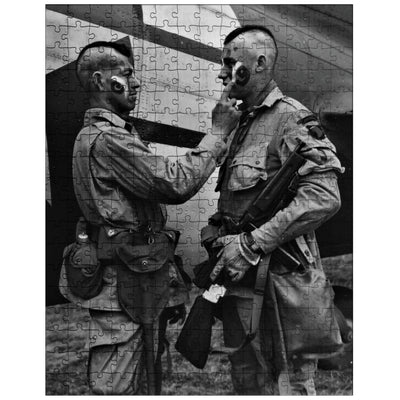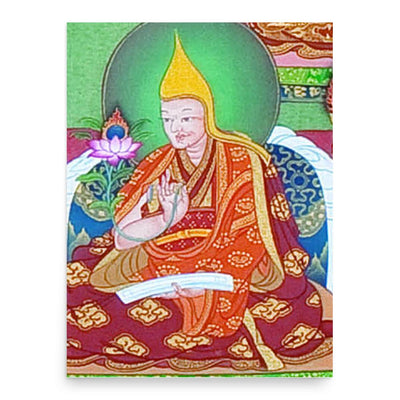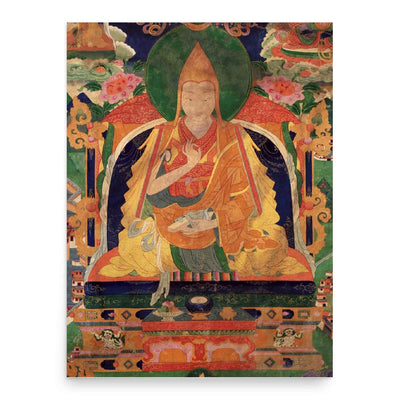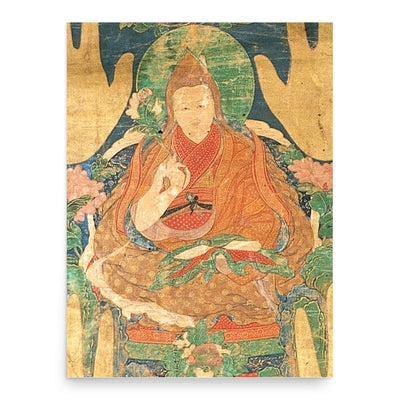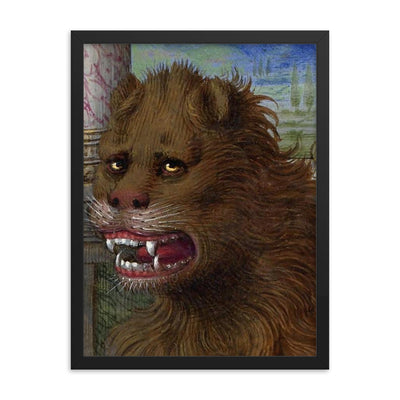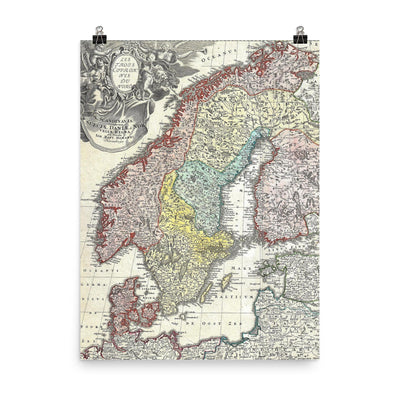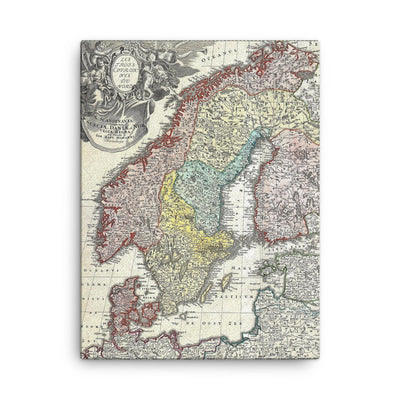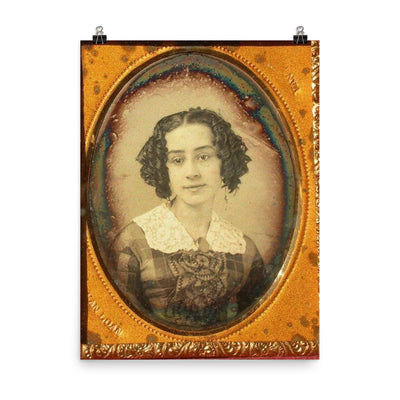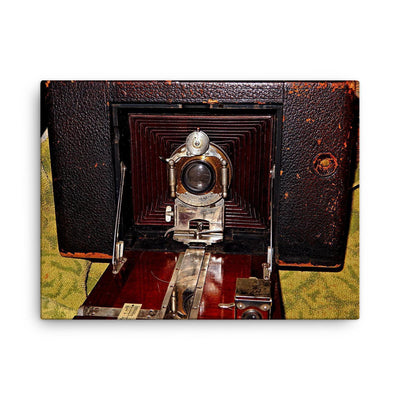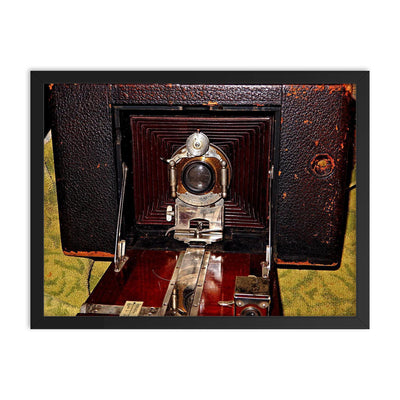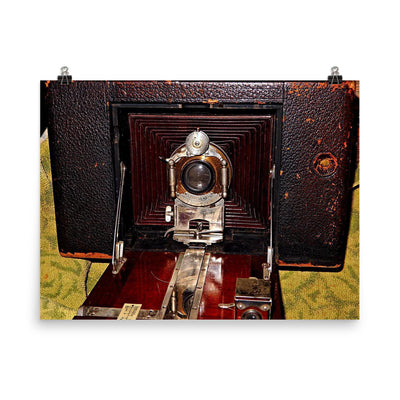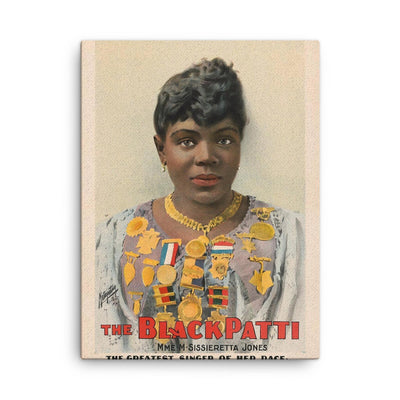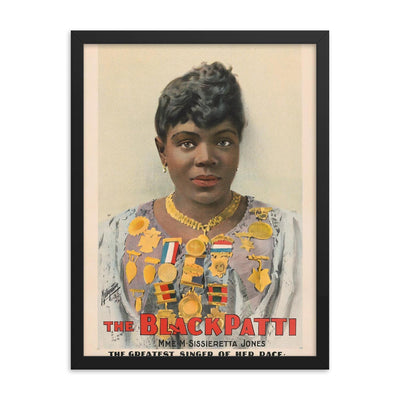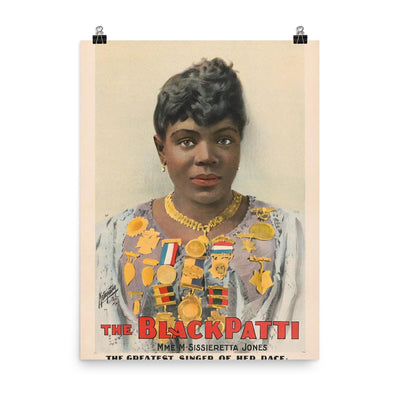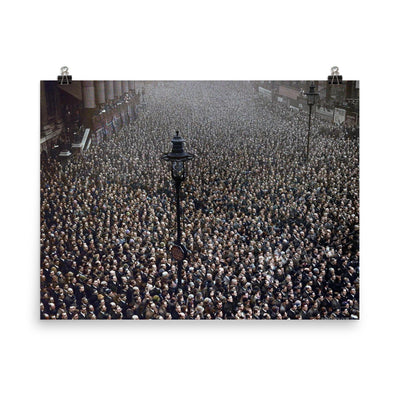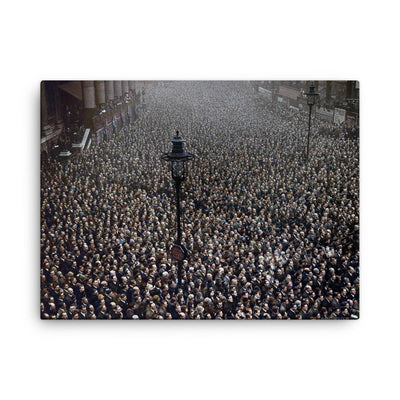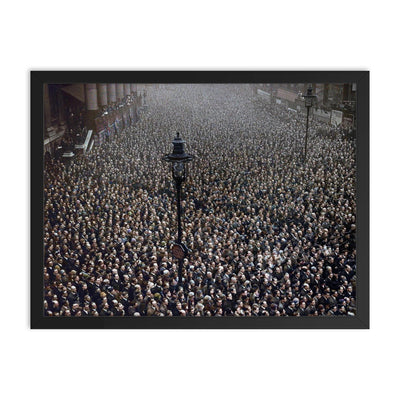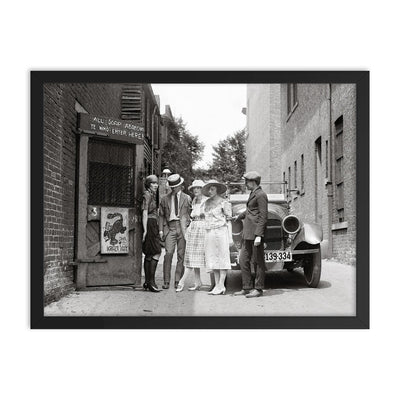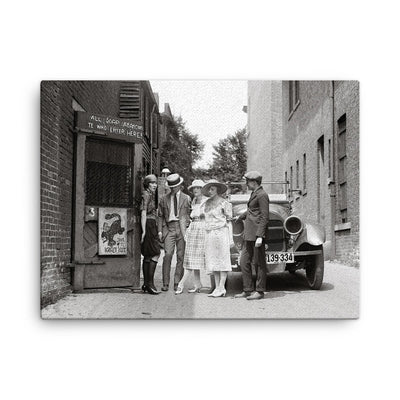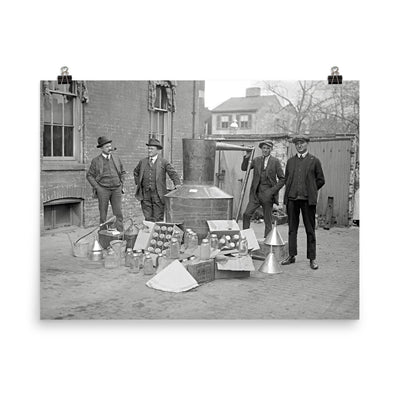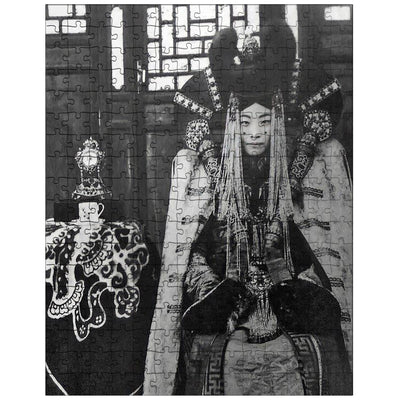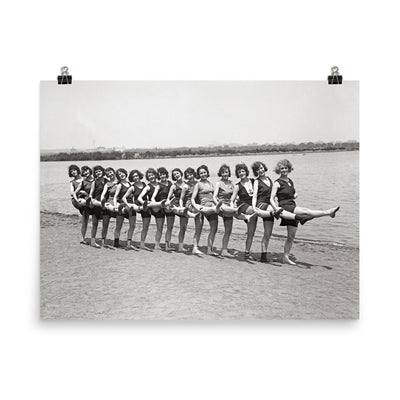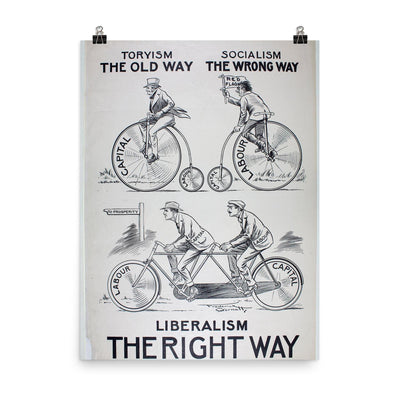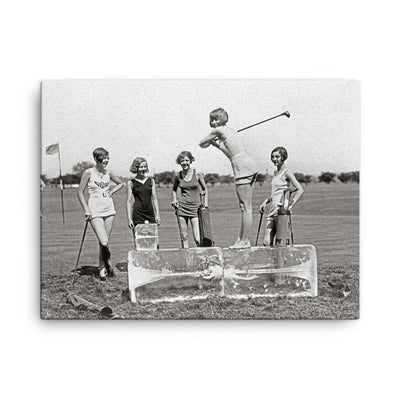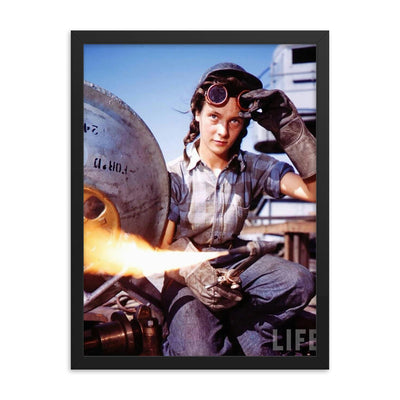Early Life and Political Awakening
Fidel Castro was born on August 13, 1926, in Biran, Cuba.
He grew up on his family's sugar plantation and was sent to a boarding school in Santiago de Cuba.
Fidel was an excellent student and showed an early interest in politics, which he inherited from his father, a successful farmer and landowner.
As a young man, Fidel studied law at the University of Havana and became involved in political activism.
He was deeply affected by the poverty and inequality he saw in Cuba and was drawn to socialist and communist ideas.
In 1947, Fidel joined the Orthodox Party, a political group that campaigned for democracy and government reform.

Ernest Hemingway with Fidel Castro
The Rise to Power
In 1952, Fulgencio Batista, a military general, seized power in Cuba in a coup d'état. Fidel was outraged by Batista's authoritarian rule and organized a rebellion against his government.
On July 26, 1953, Fidel and a group of supporters attacked the Moncada Barracks, a military installation in Santiago de Cuba. The attack failed, and Fidel was arrested and imprisoned.
After his release from prison, Fidel went into exile in Mexico, where he met the Argentine revolutionary Che Guevara.
Together, they planned and trained for a new rebellion in Cuba. In December 1956, Fidel and a small group of supporters landed in Cuba, starting the guerrilla war that would ultimately overthrow Batista's government.
On January 1, 1959, Fidel and his army marched into Havana, declaring victory over Batista.
Fidel became the new leader of Cuba, and his revolution transformed the country's political and economic systems.

Fidel Castro smoking Cuba's most famous export. The Cigar
The Legacy of Fidel Castro
Fidel Castro's rule was marked by both achievements and controversies.
On the positive side, he implemented social reforms that greatly improved healthcare, education, and literacy rates in Cuba.
He also nationalized industries, redistributing land and wealth to the people.
However, Fidel's government was accused of human rights abuses, including censorship, repression of political dissidents, and limited freedom of speech.

Fidel Castro in his later years
His authoritarian rule often drew criticism from other countries, including the United States.
Despite the controversies, Fidel Castro remained a symbol of anti-imperialism and resistance to foreign domination.
His influence on Cuban politics and culture cannot be denied, and his legacy continues to shape the country's destiny.

In conclusion, Fidel Castro was a complex figure who left a lasting impact on Cuba and the world.
Love him or hate him, his contributions to the socialist movement and the fight against imperialism cannot be denied.
Whether you agree with his politics or not, Fidel's story is one of resilience, determination, and unwavering commitment to his beliefs.


















